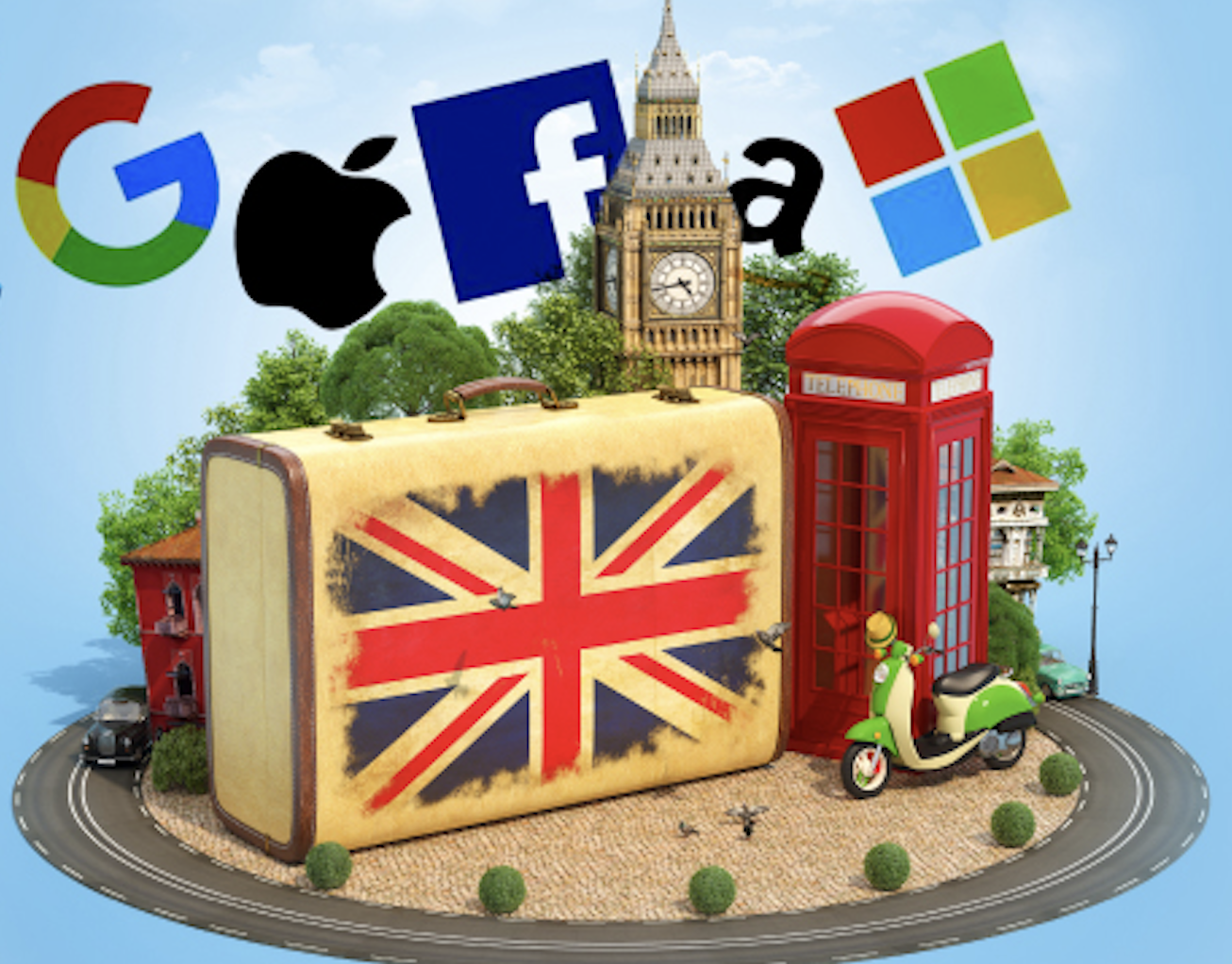Interoperability: U.S. and European Perspectives Compared

Interoperability has become a cornerstone of digital competition policy, particularly in addressing the power of gatekeepers and dominant platforms. This panel brings together leading legal scholars and policy experts to explore how interoperability is defined, implemented, and enforced across the EU and U.S. systems. Panelists will examine technical foundations—such as APIs and standard-setting—as well as the legal frameworks that support or hinder interoperability obligations.
We will delve into the role of interoperability as both an ex ante regulatory tool, as seen in the EU’s Digital Markets Act, and an ex post remedy under traditional antitrust enforcement, including recent developments such as the Apple and Google Android Auto cases.
The discussion will contrast this with the U.S. approach, where interoperability mandates have primarily emerged from litigation and proposed legislative efforts like the American Innovation and Choice Online Act.
Panelists will also address key challenges—including privacy, security, and intellectual property concerns—and discuss whether these are valid exceptions or strategic pretexts for non-compliance. The session will offer a nuanced, comparative view on whether interoperability is best pursued through regulation, competition enforcement, or a hybrid approach.




